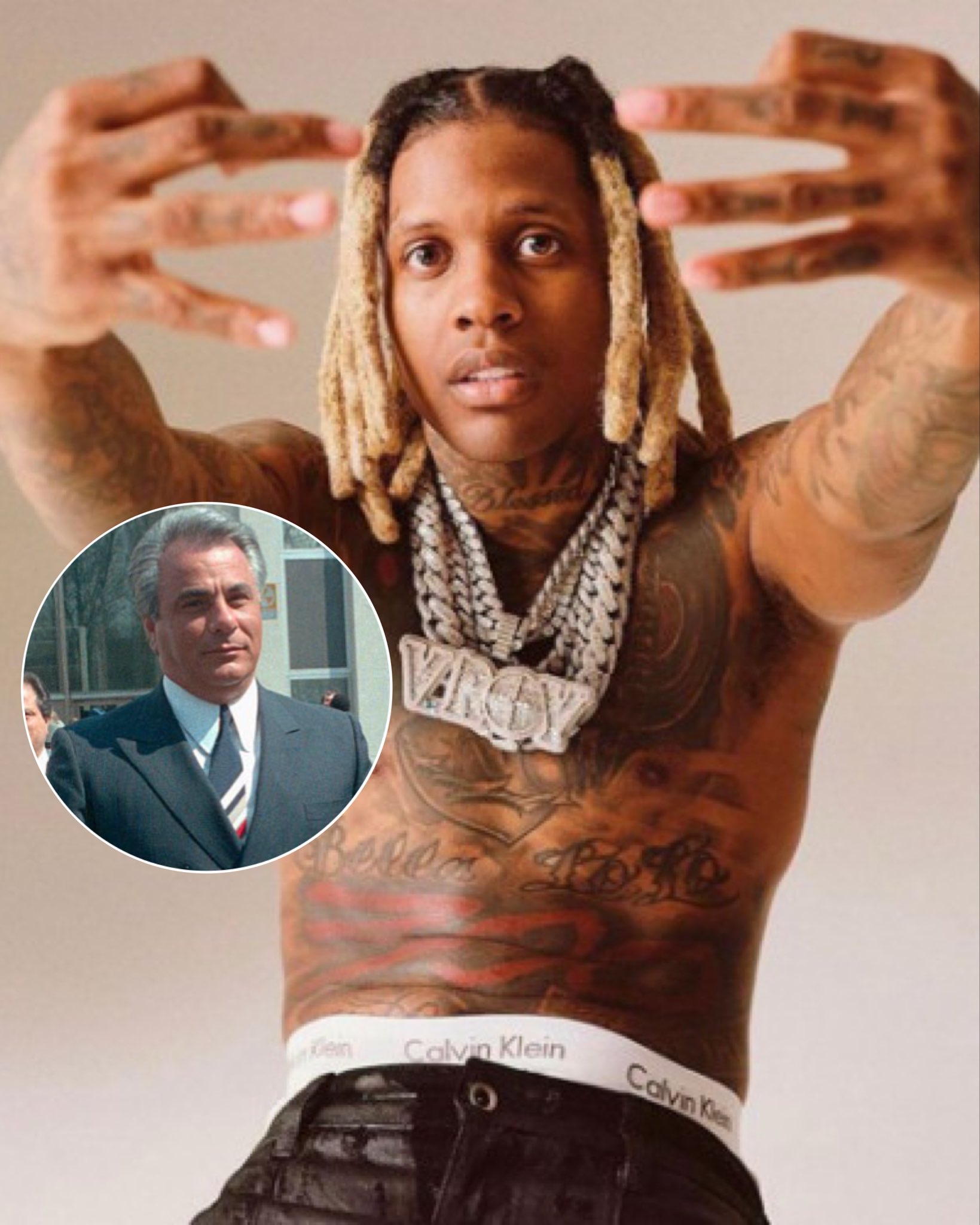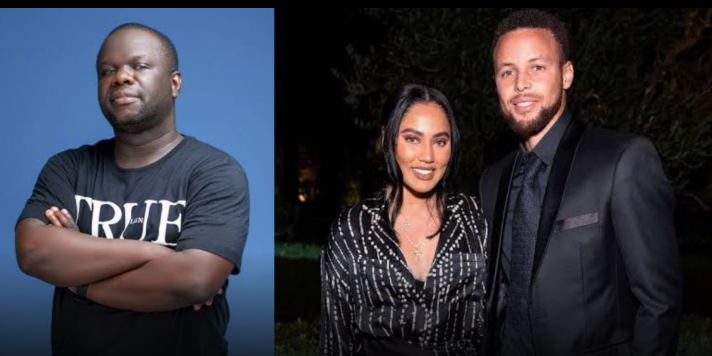
“Your Body Is God’s Temple”: Woli Arole Warns Women Against Choosing Surrogacy for Non-Medical Reasons

In a statement that has sparked a wave of heated debate across social media, popular Nigerian comedian and actor, Woli Arole, has taken a firm stance against what he describes as the increasing “wokeness” influencing modern decisions on motherhood. Speaking from London, where he appears to be on a tour, Arole made a passionate appeal to women, urging them not to stray from what he believes is the divine blueprint for motherhood — carrying one’s own child in the womb.
“It is a blessing for a woman to carry her baby in her womb,” Arole declared in a now-viral video clip shared via his official Instagram handle. “That’s how God wants it. Don’t let wokeness derail you.”
The entertainer, known for blending comedy with spirituality, made it clear that while he acknowledges the necessity of alternatives like surrogacy, IVF, or adoption in medically justified cases, he firmly opposes the idea of women choosing surrogacy simply out of preference or personal convenience. “Unless for medical reasons she can adopt options like surrogacy, IVF and all. But you can’t say ‘my body, my decision — I don’t feel like carrying a child, I want surrogacy.’ Nooooo!” he stressed. “Your body is God’s temple!”
His sentiments quickly caught fire online, attracting support from conservative voices and drawing criticism from feminists, health advocates, and liberal commentators who accused him of promoting outdated, patriarchal ideologies under the guise of religious belief.
The phrase “Don’t let wokeness derail you” became a trending topic shortly after his statement surfaced, sparking fiery exchanges between those who applauded his perspective and those who felt it shamed women and downplayed the complexity of individual choices.
Critics were quick to point out that the concept of "my body, my decision" stems from the deeply rooted fight for bodily autonomy — a fundamental principle in modern healthcare and gender rights advocacy. They argued that Arole’s views, though possibly well-intentioned, invalidate the lived experiences of many women who opt for surrogacy due to trauma, fear of pregnancy, career demands, mental health concerns, or even philosophical beliefs about parenting.
“This kind of talk is why women still feel pressured to perform motherhood in only one way,” one user on X (formerly Twitter) wrote. “You cannot speak about wombs and divine roles without acknowledging the freedom of a woman to make informed choices about her body.”
Others supported Arole’s position, echoing sentiments that society has become too lax in its moral compass, allowing modern ideologies to replace what they believe are God-given roles and responsibilities. “We are in times where everything is questioned — gender, roles, identity. But some truths remain unshaken,” wrote another X user. “Carrying your baby is a spiritual, physical, and emotional journey. It shouldn’t be casually outsourced unless there’s no other choice.”
Some religious leaders and conservative influencers rallied behind Arole’s message, defending his right to speak from a spiritual viewpoint and praising him for standing firm against cultural trends they see as eroding traditional values. In their view, the act of pregnancy is not just a biological function, but a sacred role assigned to women by a higher power — and should not be bypassed based on lifestyle preferences.
“This is a reminder in a world drowning in options that not every option aligns with God’s purpose,” a Christian blogger commented. “Surrogacy is not a sin, but we must ask: are we choosing it because we must, or because we can?”
But the controversy also laid bare a deeper societal fault line — the divide between faith-based reasoning and personal autonomy in modern reproductive decisions. Many medical professionals weighed in, reminding the public that the reasons behind choosing surrogacy are diverse and often misunderstood. Some women suffer from debilitating health conditions that make pregnancy dangerous. Others carry the trauma of past miscarriages. Some simply feel unprepared for the physical toll of childbirth — and choose surrogacy as a safer, emotionally manageable path to motherhood.
“The suggestion that women choose surrogacy because they are lazy or selfish is harmful,” said a Lagos-based OB-GYN who spoke anonymously. “There is no ‘one-size-fits-all’ approach to motherhood. Our job is to support women in making safe, informed, and respectful choices for their bodies and families.”
The global surrogacy industry, estimated to be worth over $14 billion by some reports, continues to grow as fertility technology becomes more accessible and societal definitions of family evolve. From celebrity parents to same-sex couples and single individuals, surrogacy has become one of the modern ways people build families in a rapidly changing world.
However, ethical questions still swirl around the practice, especially in cases of commercial surrogacy where financial disparities and exploitation risks are real concerns. Woli Arole’s commentary, though grounded in religious belief, touches a raw nerve that society is still struggling to address — the intersection between divine purpose, personal freedom, and technological advancement.
For many Nigerians who still uphold religious doctrine as a compass for daily living, Arole’s message is a refreshing call back to “God’s original design.” For others, it is a jarring reminder of how public figures can influence cultural expectations in ways that may reinforce guilt or limit personal expression.
The broader implication of this moment is the power that influencers and entertainers hold in shaping conversations that straddle morality, spirituality, and human rights. As Nigeria continues to navigate its identity in an increasingly globalized, digital world, debates like this one remind the public that what is considered "woke" by some may be "liberating" for others — and what is "godly" to one may feel restrictive to another.
Still, Arole remains unapologetic. “Your body is God’s temple!” he repeated in a follow-up post. “There’s a reason God gave you a womb.”
And just like that, one of the country’s most popular entertainers has once again turned comedy into commentary — and sparked a national conversation about womanhood, faith, and the evolving face of family.


